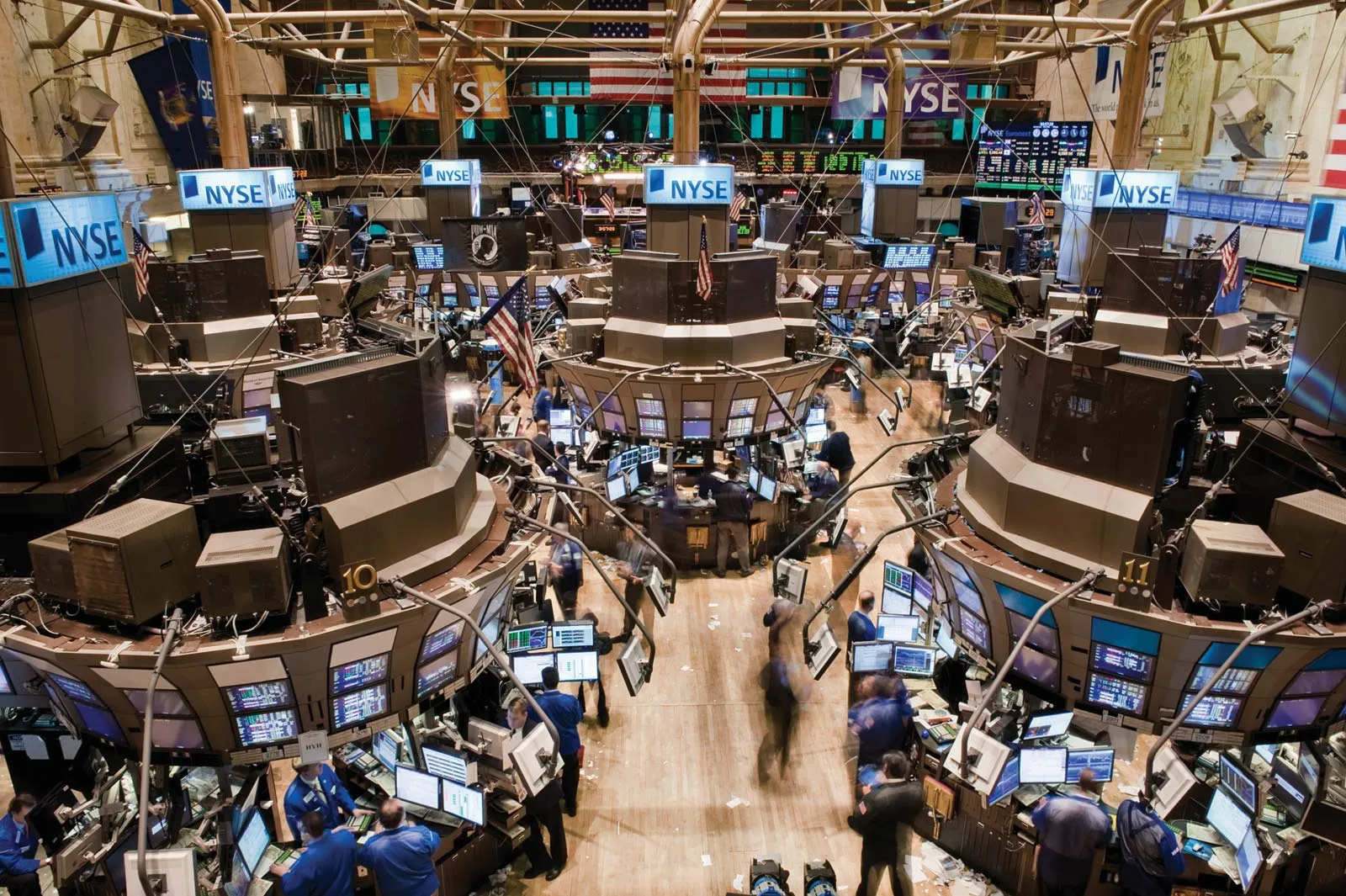The modern financial market is an ever-evolving ecosystem that plays a crucial role in the global economy. With the continuous advancement of technology, the integration of cryptocurrencies, and the influence of global events, the financial landscape is more dynamic and interconnected than ever before. Understanding its components, trends, and impacts is essential for investors, policymakers, and anyone interested in finance.
In this comprehensive guide, we will delve into the intricacies of the modern financial market, exploring key areas such as the stock market, cryptocurrencies, blockchain technology, and the effects of global events. By examining real-world examples and expert opinions, we aim to provide a thorough understanding of how the financial market operates and how it is likely to evolve in the coming years.
Whether you are a seasoned investor looking to stay ahead of the curve or a beginner eager to learn the basics, this guide offers valuable insights and practical strategies for navigating the complexities of the modern financial market. From diversification and dollar-cost averaging to understanding regulatory changes and technological advancements, we cover it all to help you make informed decisions.
Overview of the Stock Market and Its Components
The stock market is a collection of exchanges where investors buy and sell shares of publicly traded companies. Key components include:
- Stock Exchanges: Major exchanges like the New York Stock Exchange (NYSE) and NASDAQ facilitate the buying and selling of stocks. They provide a platform for companies to raise capital by issuing shares to the public.
- Stocks: Shares represent ownership in a company and entitle shareholders to a portion of the company’s profits. Stocks can be categorized into common and preferred shares, each with different rights and privileges.
- Indices: Benchmarks like the S&P 500 and Dow Jones Industrial Average track the performance of a group of stocks, providing a snapshot of market trends and investor sentiment. These indices help investors gauge the overall health of the stock market.
Explanation of Cryptocurrency and Blockchain Technology
Cryptocurrencies and blockchain technology have revolutionized the financial landscape. Key points include:
- Cryptocurrencies: Digital or virtual currencies like Bitcoin and Ethereum use cryptography for security. They operate on decentralized networks, independent of central banks and governments.
- Blockchain Technology: Blockchain is a decentralized ledger technology that records transactions across multiple computers. It ensures transparency, security, and immutability of data. Blockchain has applications beyond finance, such as supply chain management and digital identity verification. Learn more about blockchain from IBM Blockchain.
- Use Cases: Cryptocurrencies can be used for online purchases, investment, and remittances. Blockchain technology is being adopted in various industries, including healthcare, real estate, and logistics, to improve efficiency and reduce fraud.
Analysis of Economic Impacts of Global Events
Global events significantly influence financial markets. Examples include:
- Pandemics: The COVID-19 pandemic disrupted global supply chains, altered consumer behavior, and caused market volatility. It highlighted the importance of resilience and adaptability in financial markets. Read more about the pandemic’s economic impact from the International Monetary Fund (IMF).
- Geopolitical Tensions: Trade wars, conflicts, and diplomatic relations can affect market stability. For example, tensions between major economies like the US and China can lead to fluctuations in stock prices and commodity markets. The Council on Foreign Relations (CFR) provides insights on geopolitical tensions.
- Technological Advancements: Innovations in technology drive new industries and disrupt existing ones. For instance, the rise of electric vehicles and renewable energy sources has transformed the automotive and energy sectors. Learn more about technological advancements from MIT Technology Review.
Investment Strategies for Beginners in the Modern Financial Market
Investing can be complex, but here are some fundamental strategies for beginners:
- Diversification: Spreading investments across different asset classes (e.g., stocks, bonds, real estate) to reduce risk. Diversification helps protect against losses in any single investment. For more information, check out this guide to diversification from Investopedia.
- Dollar-Cost Averaging: Investing a fixed amount of money regularly, regardless of market conditions. This strategy helps mitigate the impact of market volatility and allows investors to accumulate assets over time. Read more about dollar-cost averaging from The Balance.
- Long-Term Focus: Prioritizing long-term growth over short-term gains. Investing with a long-term perspective can help investors weather market fluctuations and achieve their financial goals.
Expert Opinions and Future Outlook
Industry experts provide valuable insights into the future of financial markets:
- Economic Forecasts: Predictions about market trends and economic growth based on current data and analysis. Experts analyze factors like technological advancements, regulatory changes, and geopolitical events to forecast future market conditions. For expert opinions, visit Bloomberg.
- Investment Tips: Advice on sectors to watch and potential investment opportunities. Experts recommend focusing on industries with strong growth potential, such as technology, healthcare, and renewable energy.
- Regulatory Changes: Anticipated regulations affecting the financial industry. Changes in regulations can impact market dynamics, investment strategies, and the overall business environment. Learn about regulatory changes from the Securities and Exchange Commission (SEC).
Real-World Examples of Market Trends in the Modern Financial Market
Examining real-world examples helps illustrate current market trends:
- Tech Industry Growth: The rise of technology giants like Apple, Amazon, and Tesla. These companies have driven innovation and created new market opportunities, leading to significant growth in the tech sector.
- Renewable Energy: The increasing focus on sustainable energy sources and companies leading the charge. Investments in solar, wind, and other renewable energy technologies are transforming the energy landscape. For more on renewable energy, visit the International Energy Agency (IEA).
- Cryptocurrency Adoption: Mainstream acceptance of digital currencies by major financial institutions and corporations. Companies like PayPal and Tesla have embraced cryptocurrencies, signaling their growing importance in the financial ecosystem.
We would love to hear your thoughts on the modern financial market! Share your experiences and insights in the comments below. Don’t forget to subscribe to our newsletter for more financial tips and updates.






